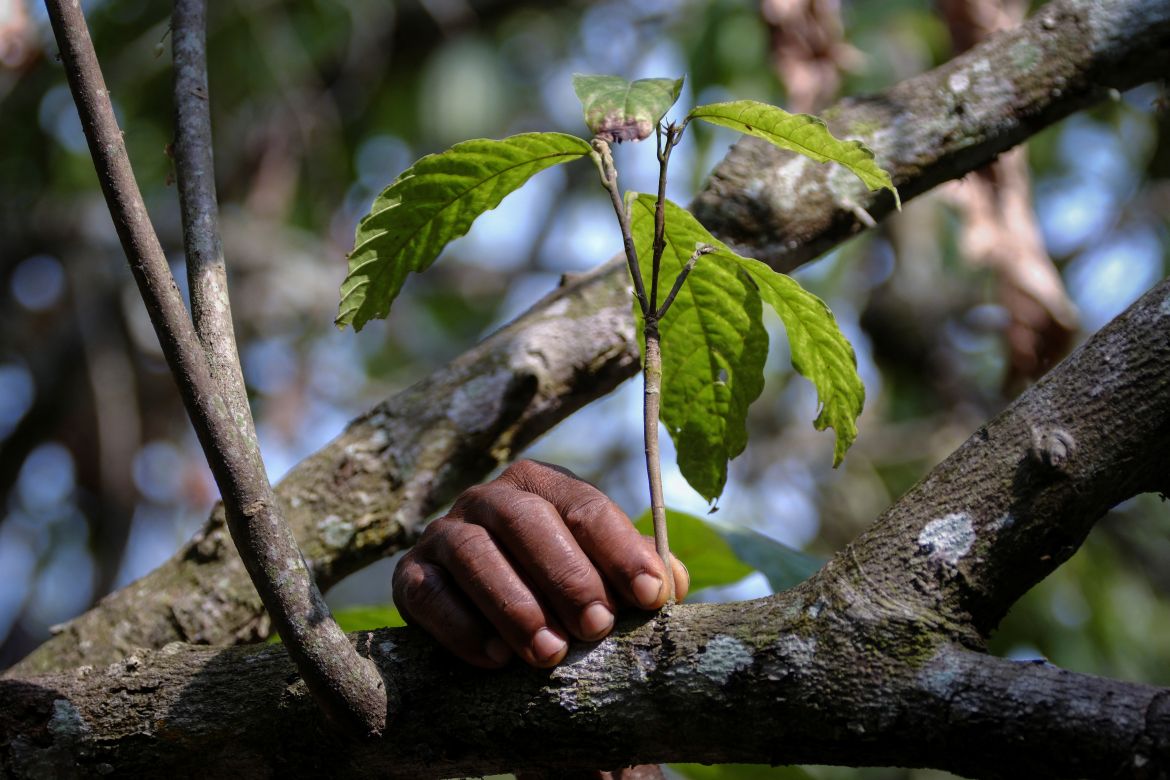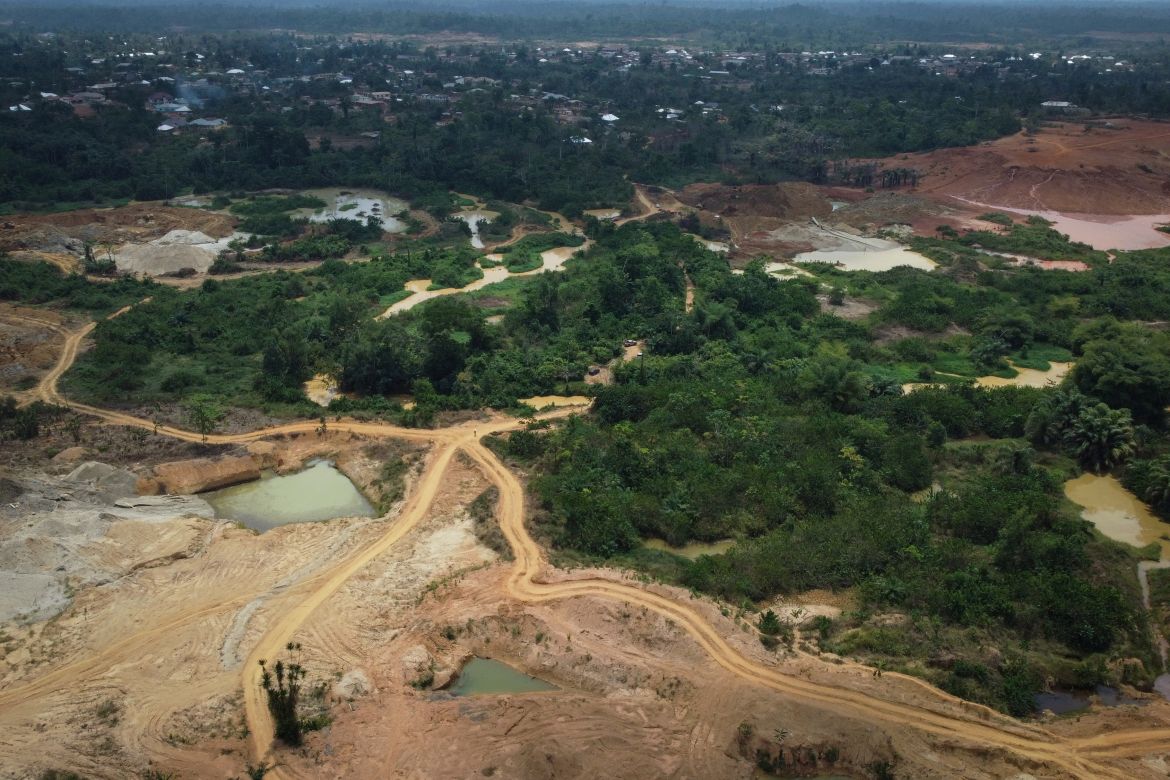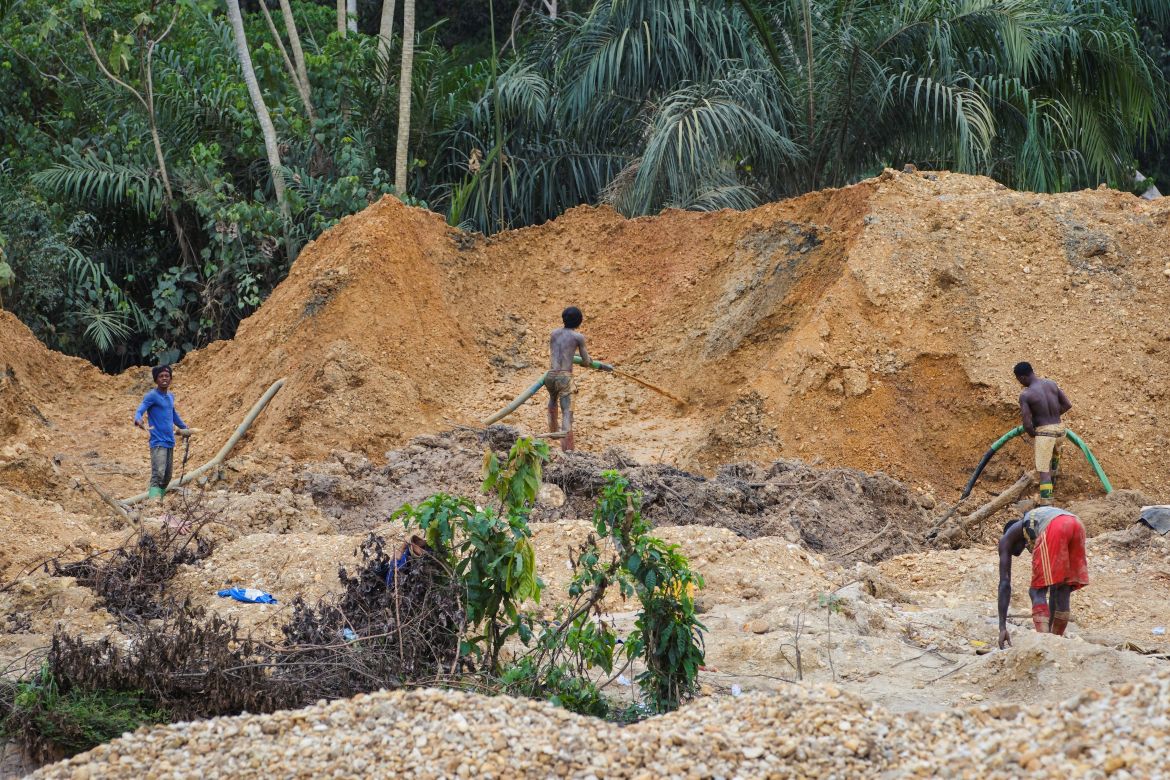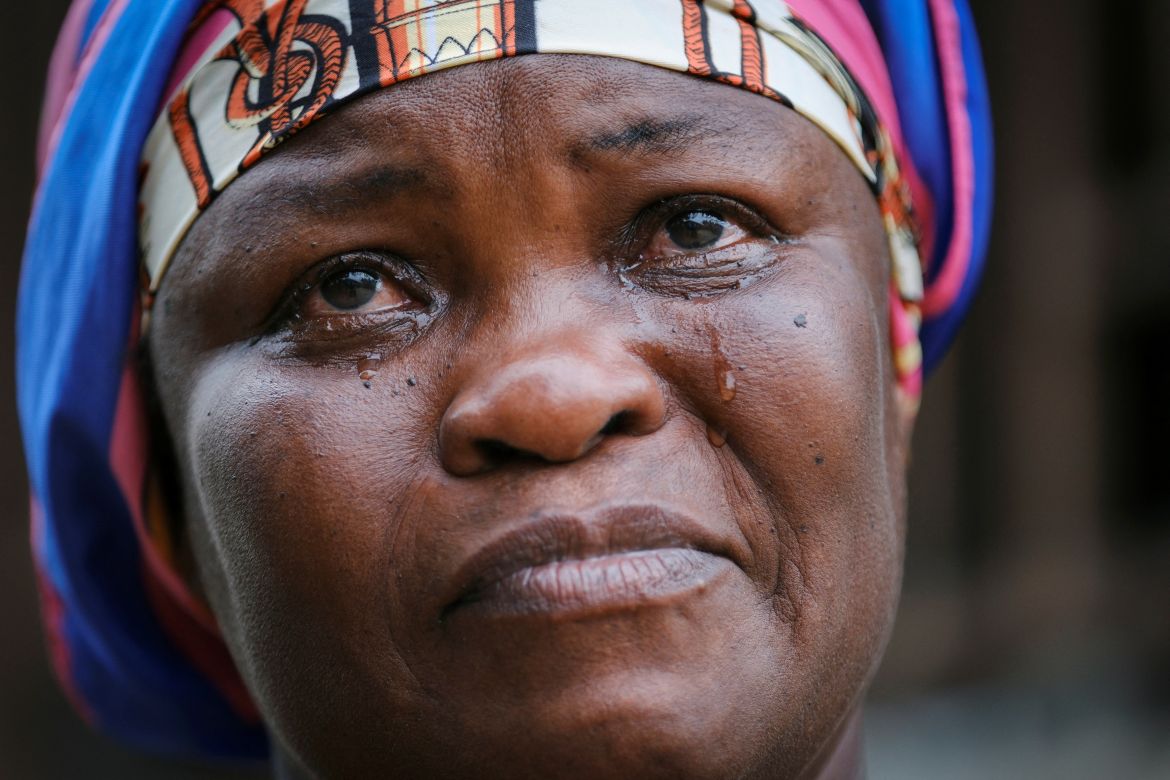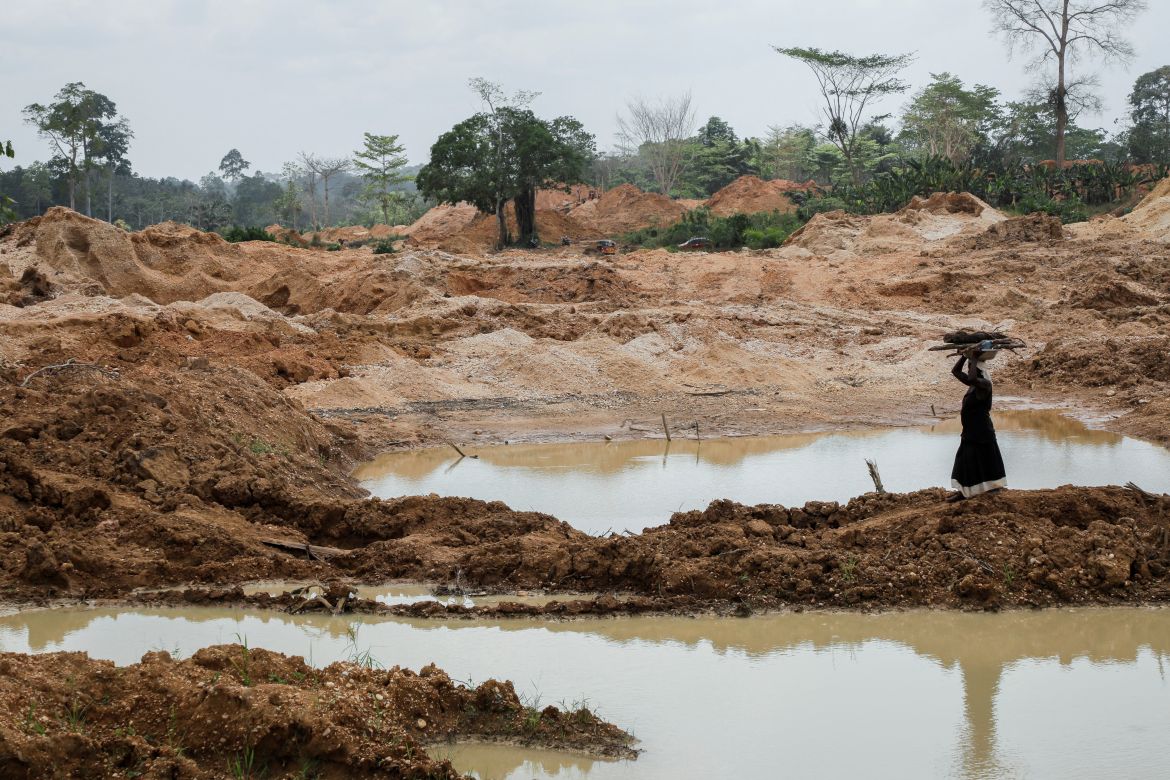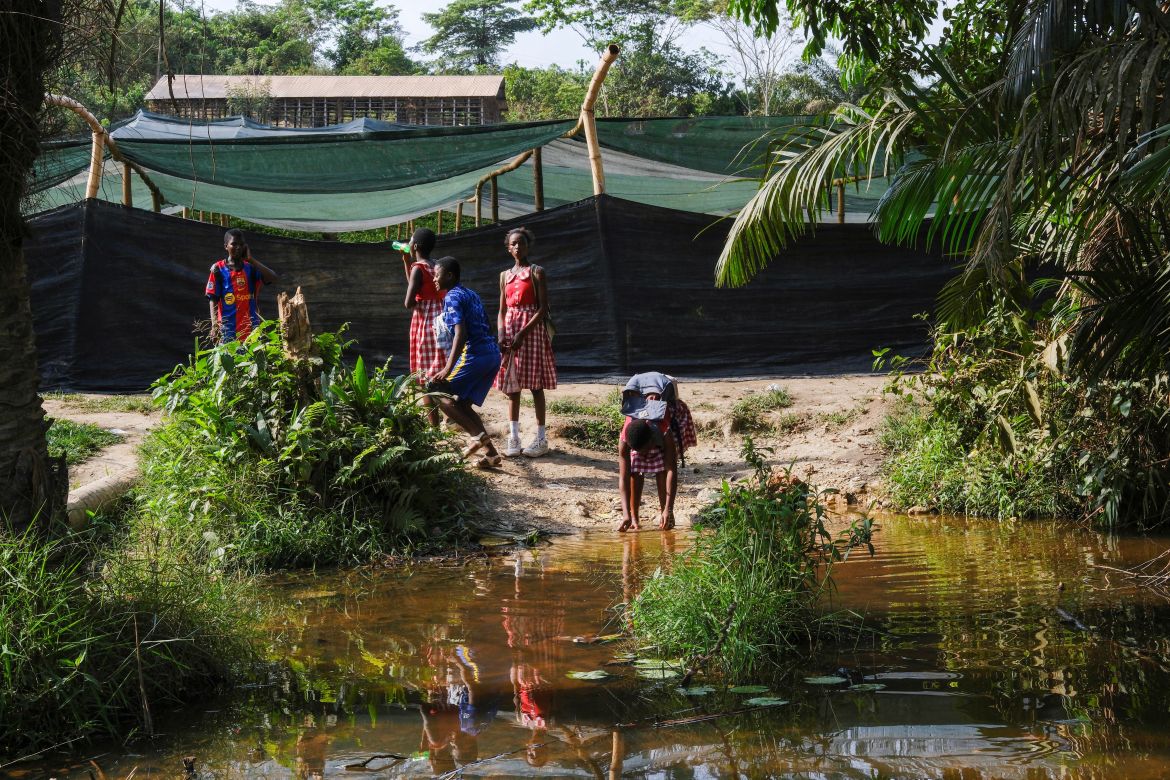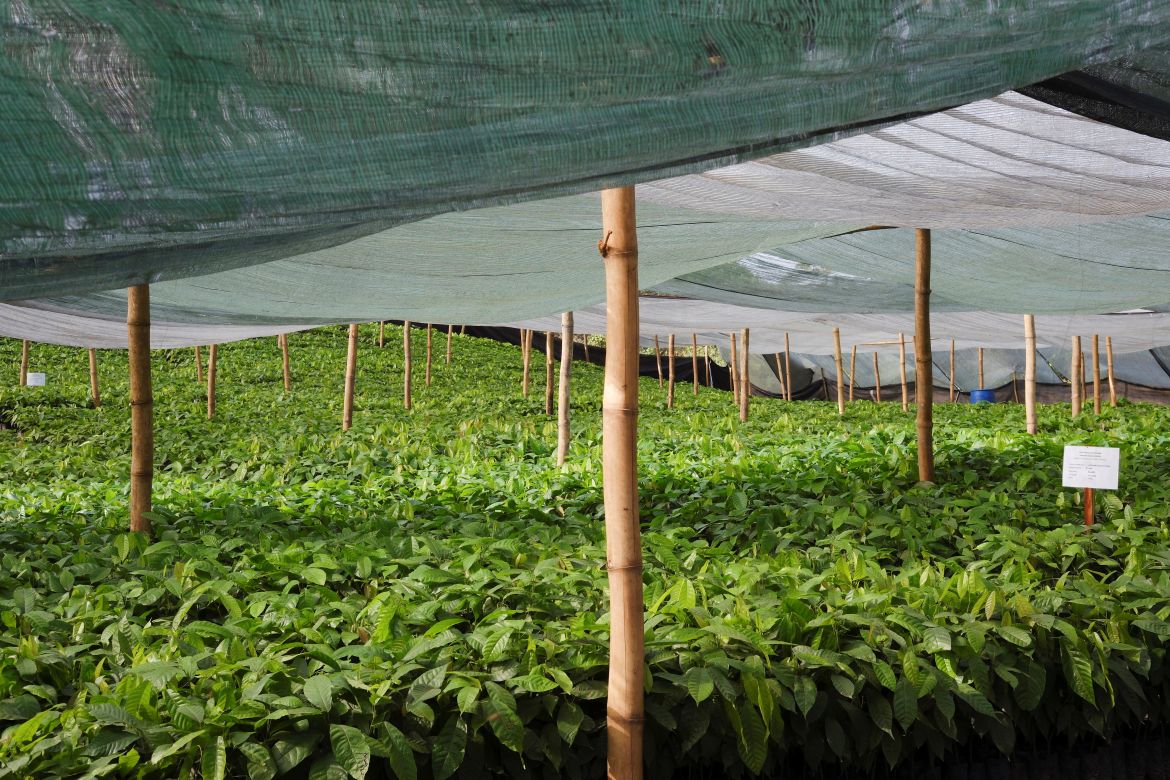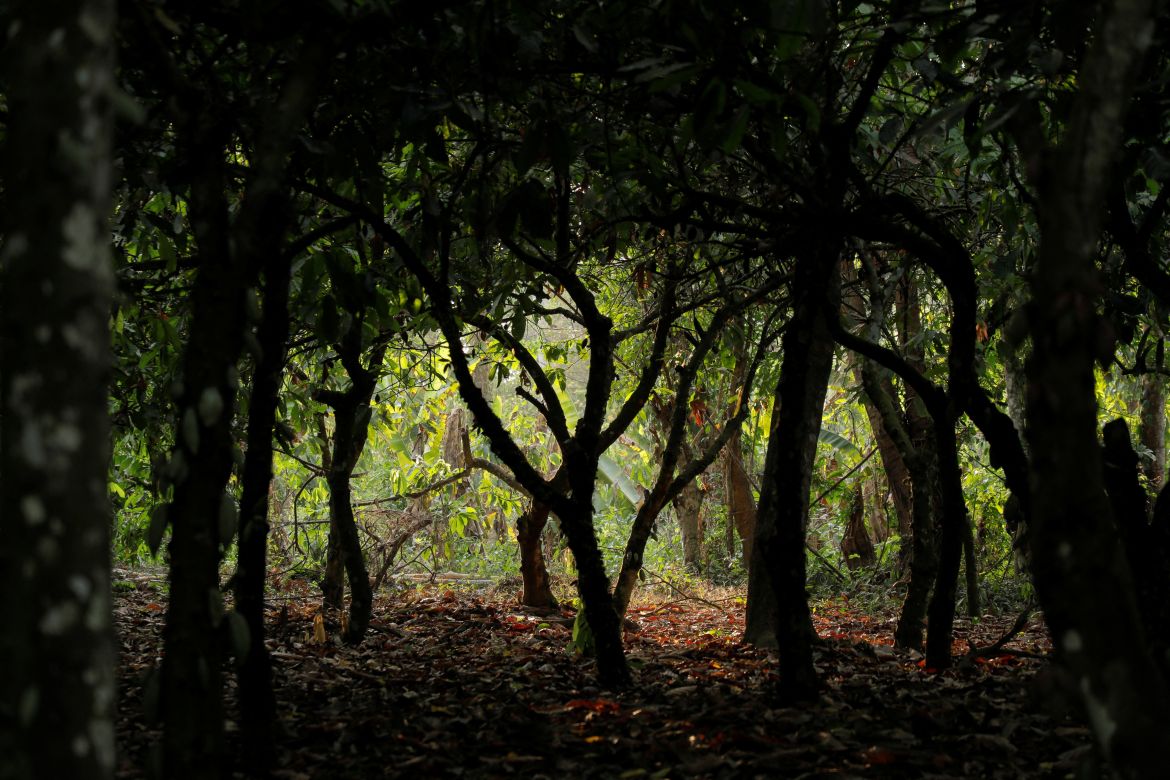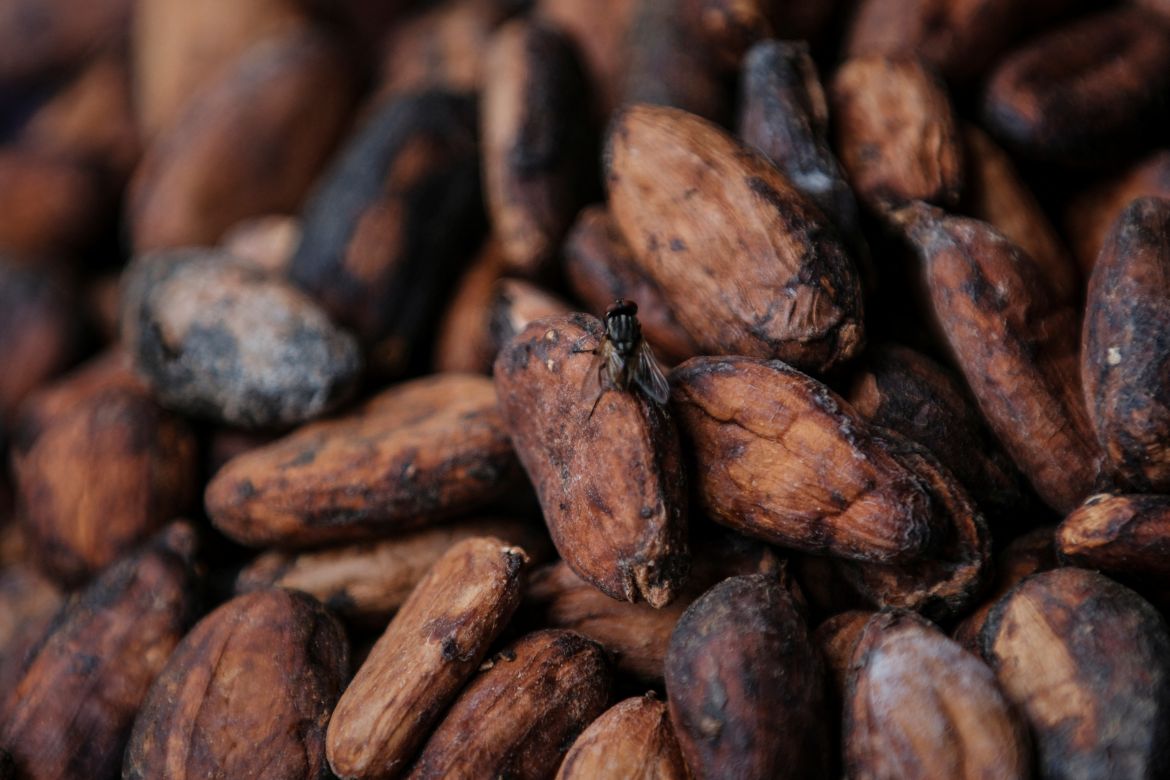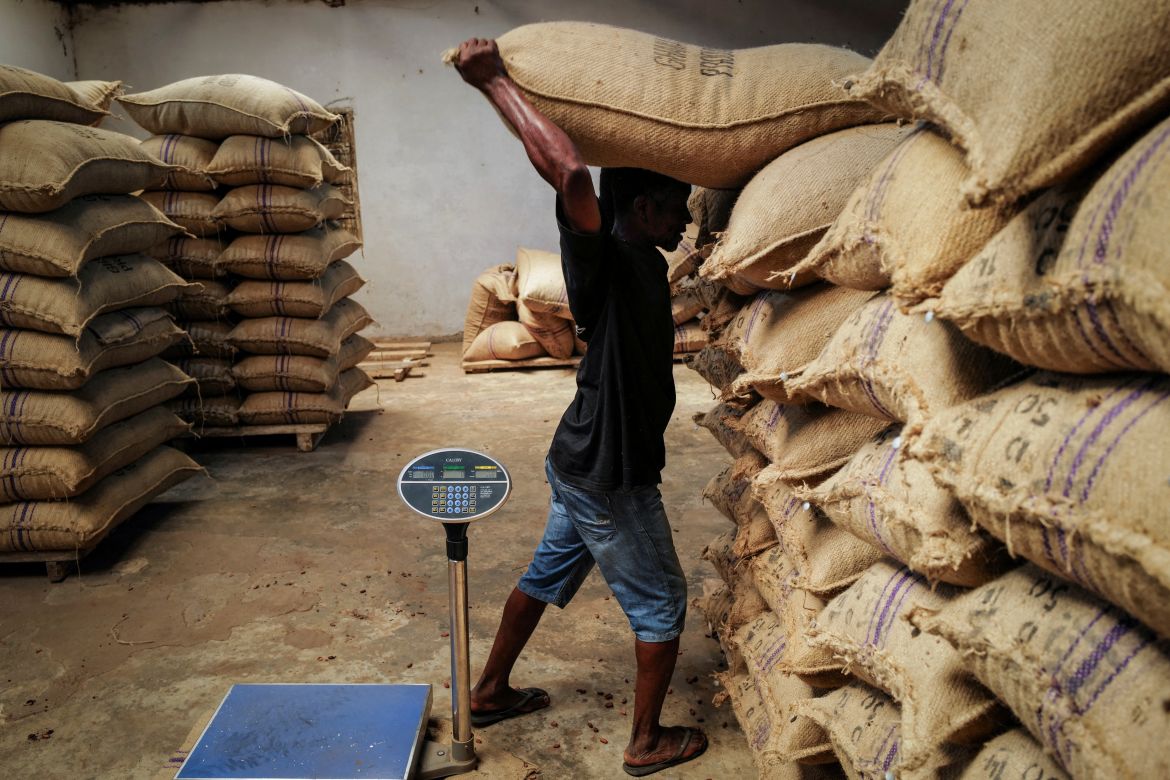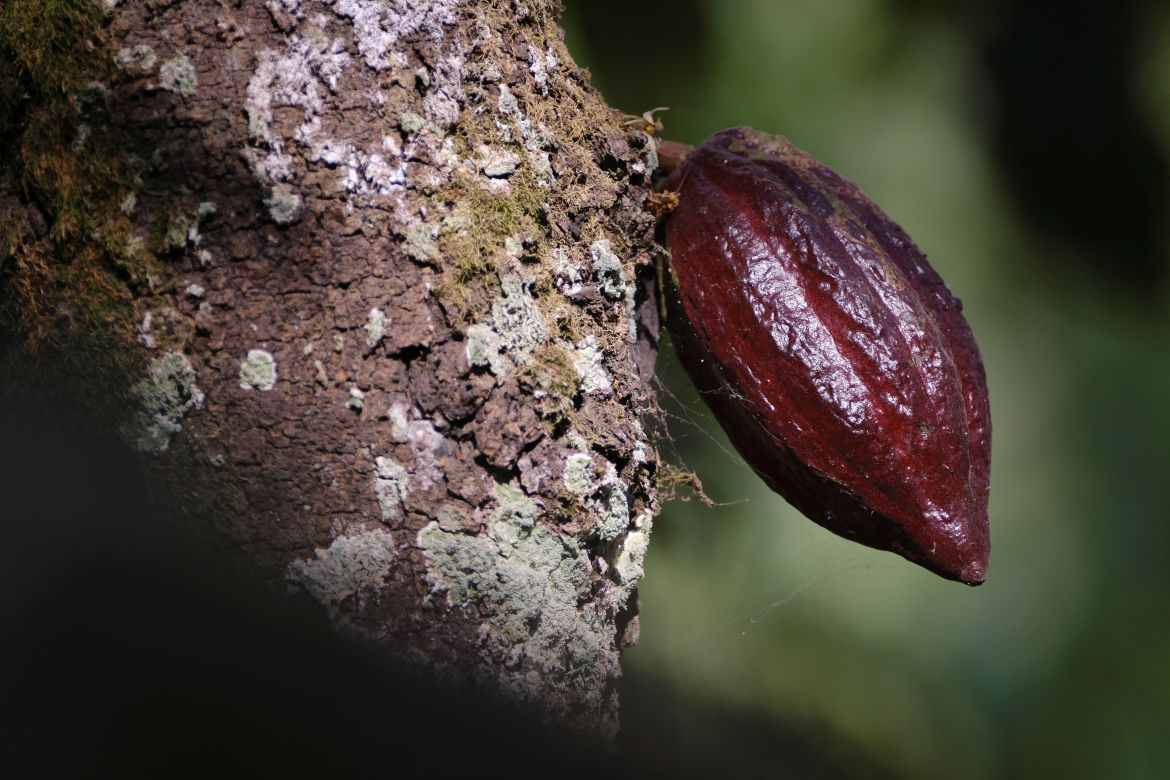In Pictures
Chocolate prices to keep rising as West Africa’s cocoa crisis deepens
Top growers in Ivory Coast and Ghana are facing catastrophic harvests, resulting in record-high cocoa prices.
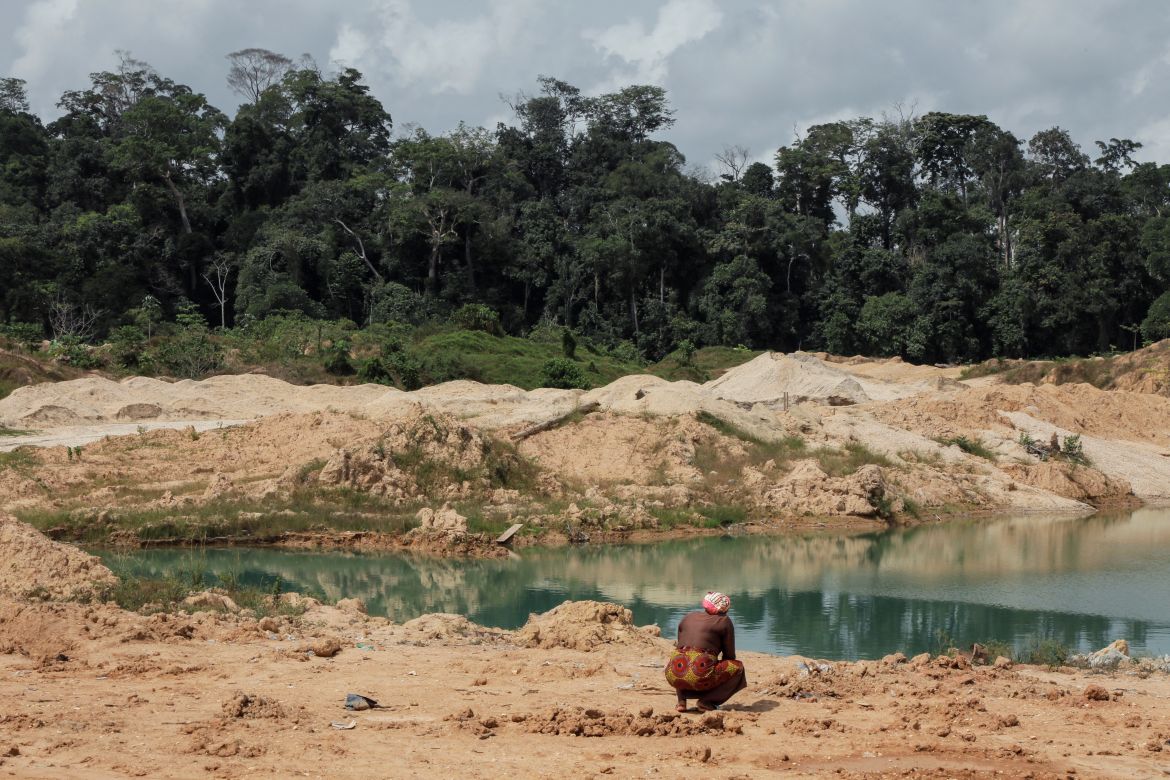
Long the world’s undisputed cocoa powerhouses, accounting for more than 60 percent of global supply, Ghana and its West African neighbour Ivory Coast are both facing catastrophic harvests this season.
Expectations of shortages of cocoa beans – the raw material for chocolate – have seen New York cocoa futures more than double this year alone. They have hit new record highs almost daily in an unprecedented trend that shows little sign of abating.
More than 20 farmers, experts and industry insiders told the Reuters news agency that a perfect storm of rampant illegal gold mining, climate change, sector mismanagement and rapidly spreading disease is to blame.
In its most sobering assessment to date, according to data compiled since 2018 and obtained by Reuters, Ghana’s cocoa marketing board Cocobod estimates that 590,000 hectares (1.45 million acres) of plantations have been infected with swollen shoot, a virus that will ultimately kill them.
Ghana today has some 1.38 million hectares (3.41 million acres) of land under cocoa cultivation, a figure Cocobod said includes infected trees that are still producing cocoa.
“Production is in long-term decline,” said Steve Wateridge, a cocoa expert with Tropical Research Services. “We wouldn’t get the lowest crop for 20 years in Ghana and lowest for eight years in Ivory Coast, if we hadn’t reached a tipping point.”
It is an imbroglio with no easy fixes that has shocked markets and could spell the beginning of the end of West Africa’s cocoa supremacy, the experts told Reuters. That may open the door for ascendant producers, particularly in Latin America.
And while millions of cocoa farmers in West Africa are facing a painful watershed moment, it is a shift that will also be felt in wealthy consumer markets, possibly for years to come.
Shoppers buying Easter confections in the United States are discovering that chocolate on store shelves is more than 10 percent more expensive than a year ago, according to data from research firm NielsenIQ.
Since chocolate-makers tend to hedge cocoa purchases months in advance, analysts have said the disastrous crops in West Africa will only really hit consumers later this year.
“The kind of chocolate bar that we’re used to eating, that’s going to become a luxury,” said Tedd George, an Africa-focused commodities expert with Kleos Advisory. “It will be available, but it’s going to be twice as expensive.”
